when i poop i feel like i have to vomit
:max_bytes(150000):strip_icc()/ibs-and-the-vasovagal-reflex-1945272-v3-5c1abff946e0fb0001c6a121.png) Overview of the Vasovagal Reflex
Overview of the Vasovagal ReflexIt can constipate because Nausea? We include products that we believe are useful to our readers. If you buy through links on this page, we can win a small commission. Constipation is uncomfortable, but it is even more unbearable when it causes other symptoms such as nausea. It's a sensation of queasiness in the stomach. It can cause an unpleasant taste in the mouth and an impulse to . is rare intestinal activity, typically . Experimenting nausea along with constipation can be especially uncomfortable. Almost everyone has constipation at some point in life, and it's often nothing serious. But even when constipation is short-lived, the activity of reduced stools can trigger a number of other symptoms such as and less back pain. Stools that move slowly through cause constipation. This can occur due to lack of water in your , resulting in dry and hard feces that become difficult to pass. What is the connection between nausea and constipation? When your colon does not work properly, it throws the entire gastrointestinal tract out of balance. As a result, an accumulation of feces in the intestinal tract creates a sense of discomfort or queasity in the stomach. Your intestine plays a role in the process of detoxifying your body. When you need more time than normal so that the food moves through your colon, this causes a buildup of toxins in your body. These are toxins that cause the feeling of nausea. In addition, constipation can lead to stomach damping and , which occurs the longest feces remain in your colon. This triggers an increase in bacteria in the colon, causing a nauseous sensation. Depending on the severity of constipation, you can also experience loss of appetite and start jumping meals. Some people become nauseous when their stomach is empty. Other possible causesSometimes, constipation and nausea are symptoms of a medical condition. Common conditions include: Dehydration Dry and hard feces can occur when there is not enough water in your body and intestines. Lack of fluids may make it difficult for food or waste to pass through the intestinal tract. may slow the intestinal activity, leading to nausea and other symptoms such as swelling and gas. Intestinal obstructionThe towel or when a blockage in your colon prevents the passage of the feces. Other symptoms of bowel obstruction may include abdominal pain, vomiting, and abdominal inflammation. Different factors can play a role in this condition. Inflammation in the intestines can cause a blockage, as well as infections like . You can also develop a blockage if you have one or more adhesions in your colon. Bowel or it's another cause of obstruction. Irritable bowel syndrome (IBS)This disorder affects large intestines. It can cause a variety of symptoms including constipation and nausea. IBS is a chronic condition that causes weak intestinal contractions, giving rise to foods or feces that are supported by the colon. Anomalies in the nervous system are also believed to contribute to constipation. This is due to poorly coordinated signals between the colon and the brain, resulting in weak muscle contractions in the intestines. Certain medicinesCertain medicines can cause gastrointestinal side effects such as constipation and nausea. These include: Constipation and nausea can improve as your body adjusts to a medication or supplement. Talk to your doctor if the constipation induced by the medication gets worse or does not improve. Your doctor may need to adjust your dose or recommend a stool supplement to take along with the medication. Sedentary Life The underlying problem of chronic constipation is not always an underlying medical problem. The problem could be something as simple as lack of exercise. A sedentary lifestyle can contribute to chronic constipation, and then lead to nausea. It helps promote normal muscle contractions in the intestines. This helps stools move easily through the intestines. While nausea and constipation go hand in hand, constipation can also cause other symptoms such as: An inability to easily pass feces also leads to tension during an intestinal movement. The straining too puts you at risk for , which are swollen veins in your anus. Symptoms of hemorrhoids include: If chronic constipation leads to nausea, hemorrhoids and other gastrointestinal problems, treatment can improve the quality of your life. Here are some things you can try. Fiber supplements Eating more fiber can help smooth your feces. This can relieve tension and increase the frequency of intestinal movements. Take control of the counter as indicated, or increase your intake of . Good sources include fresh fruits, vegetables and whole grains. Adults should have between 21 and 38 grams of fiber a day. Laxatives trigger intestinal contractions and promote intestinal activity. Osmotic laxatives, on the other hand, allow the fluid to move through the colon, also promoting the intestinal activity. Feed Swaps These are a type of laxatives, but they work slightly different. Instead of causing intestinal activity, stool softeners moisten or soften the hard and dry feces. This makes it easier to have an intestinal movement. Enemas and supositories These products remove residues from your rectum and relieve constipation. They work injecting fluid (e.g. soaps, water or saline) into the lower intestine to help empty the colon. and suppositories are effective, but side effects can include nausea and diarrhea. If incorrectly inserted, there is also a risk of perforation of the right or internal damage. Medications When free-sale products do not work, several prescription drugs can help relieve constipation. These drugs work as laxatives and stool softeners when drawing water in the intestines. Options include: Some lifestyle changes can also help:Find, , , and online. See a doctor for constipation or nausea that interferes with your quality of life. This includes symptoms that prevent going to work, school or completing daily activities. Also, consult a constipation doctor who does not improve after several months. You may have an underlying medical problem, especially if you feel the urge to have an intestinal movement, but you cannot pass the feces. This could indicate a blockage in your intestines. It is also important to seek medical care for constipation that is accompanied by intense pain, weight loss or bleeding from the rectum. Although constipation may cause nausea, be aware that other medical conditions may cause both symptoms. So it's important to see a doctor for any changes in intestinal activity that doesn't improve or get worse. Last medical review on April 12, 2019Read this following

Bloated stomach, feeling sick, and tired: Causes and what to do

Rectal pressure: Causes, diagnosis, and treatment
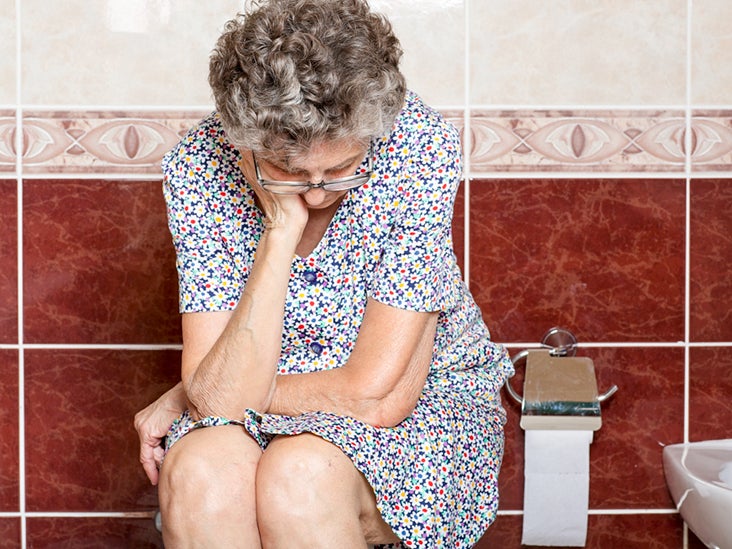
Constipation and Nausea Often Occur Together: Tips to Feel Better

Nausea at Night: Causes, Treatment, Prevention
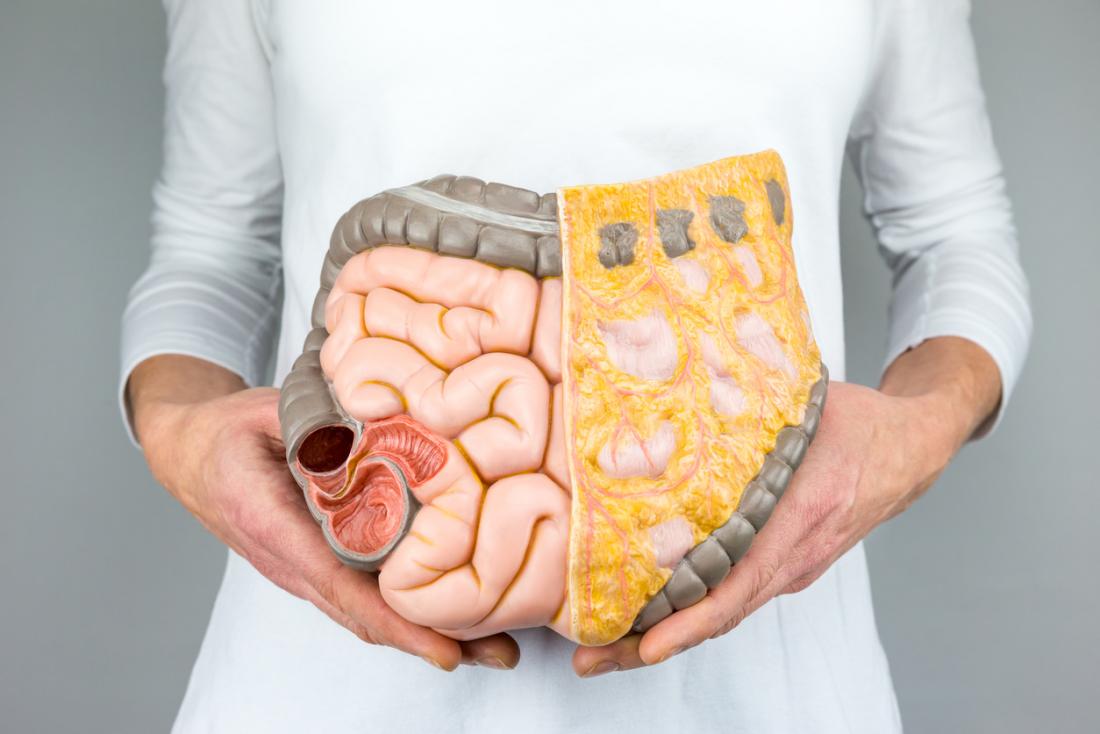
Nausea after eating: Symptoms, causes, and treatment

FYI: Why Do I Poop More When I Have My Period? | Popular Science

Diarrhea and Vomiting: Causes and Treatments

Can Constipation Cause Nausea? Causes, Other Symptoms, and Treatment
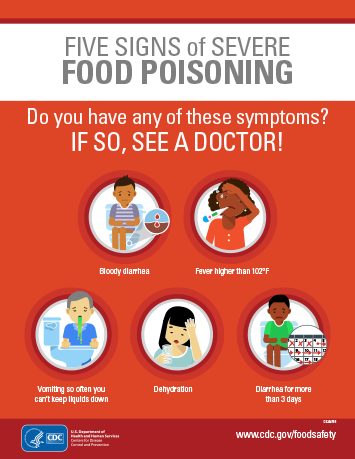
Food Poisoning Symptoms | CDC

Constipation and Nausea Often Occur Together: Tips to Feel Better

5 Surprising Reasons Why You're Nauseous AF | Women's Health

Throwing Up Mucus: Causes & Concerns in Adults, Children, Pregnancy
/diarrhea-in-pregnancy-4163950-v1-96d6ef1526db485094af396ab67d16c4.png)
How Diarrhea Happens During Pregnancy

Constipated but passing stool: Is it possible?

How to Not Throw up when Drunk: 13 Steps (with Pictures) - wikiHow

Period Poop: Causes, Symptoms, Tips for Relief

Constant Urge to Have a Bowel Movements Causes and Relief | Buoy

Loss of appetite and nausea: Why does it happen?
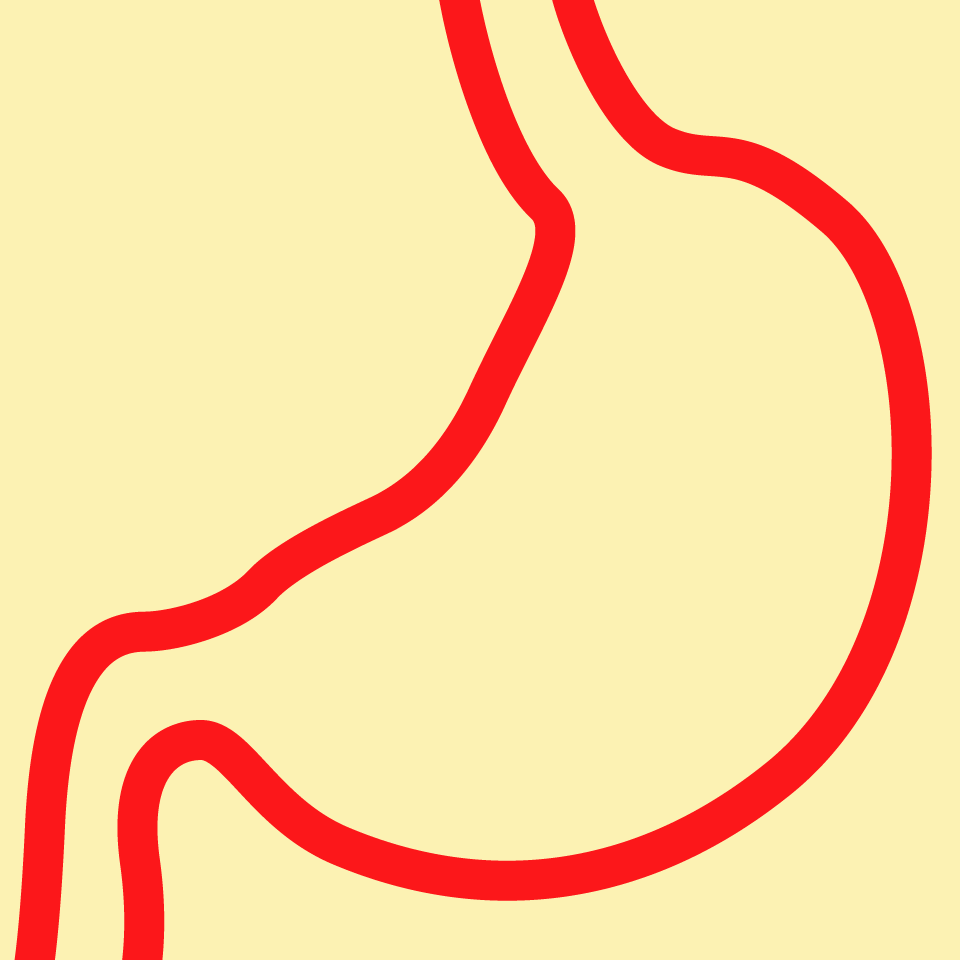
Food Poisoning or Stomach Flu: How to Tell the Difference | SELF

Why Anxiety Makes Some People Vomit
/young-african-american-woman-feeling-nausea-during-breakfast-time-at-dining-room--907546156-5a90427f3037130037020d92.jpg)
Understanding Chronic Nausea
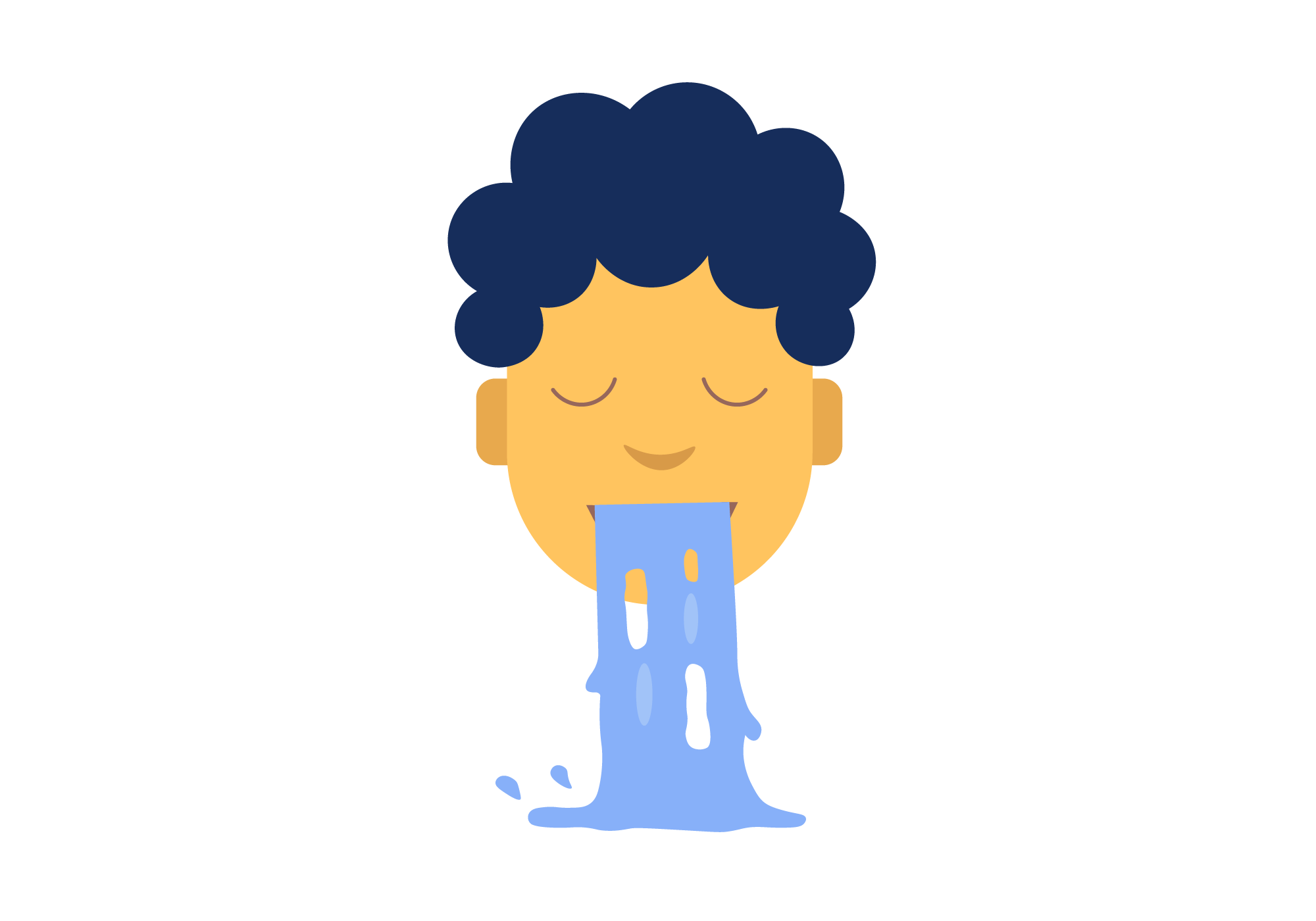
7 Causes of Clear Vomit and How to Treat It

Nausea After Workout - 5 Reasons Running Can Make You Get Sick
COVID-19: Nausea, vomiting, diarrhea could be first symptoms
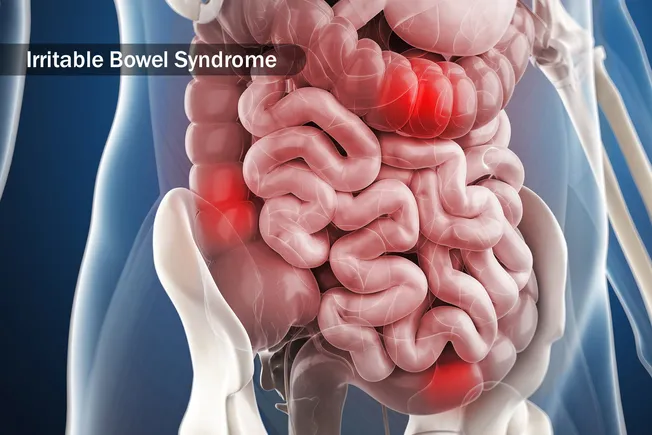
Physical Symptoms of Anxiety
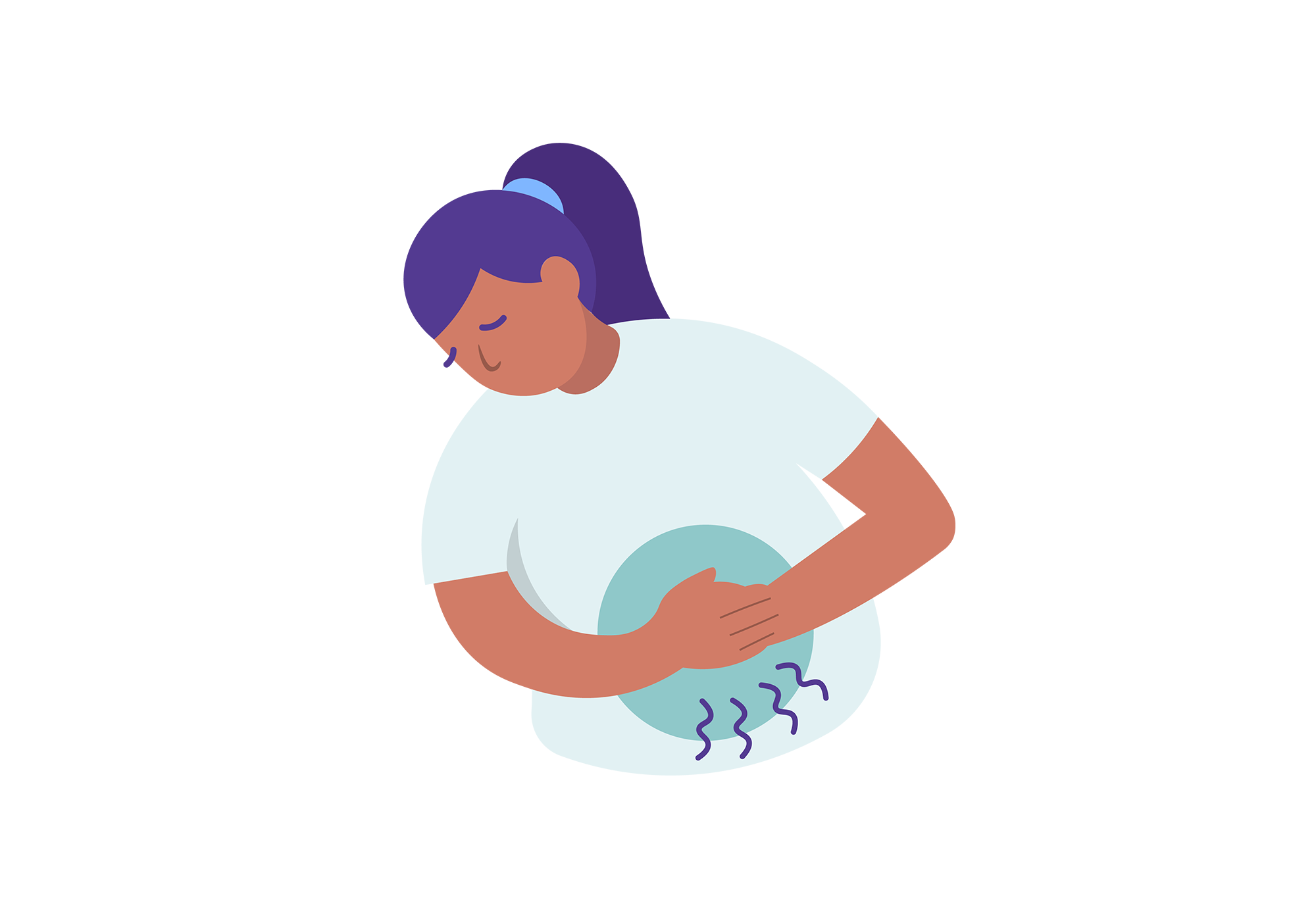
6 Green Poop Causes and Your Relief Options | Buoy
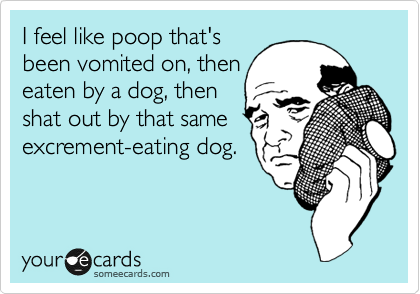
I feel like poop that's been vomited on, then eaten by a dog, then shat out by that same excrement-eating dog. | Get Well Ecard

Pregnancy-Related Problems | NorthShore

Why You Should Never Ignore Blood in Your Stool: Digestive Disorders Associates and MDTEC: Gastroenterology
/diverticulitis-symptoms1-5af07f9eeb97de0036aed799.png)
Diverticulitis: Signs, Symptoms, and Complications
Can constipation cause nausea? Yes, here's why and how to treat it
/cdn.cliqueinc.com__cache__posts__229376__foods-for-nausea-229376-1499889691388-main.700x0c-47110b0451b046bd897f22ec3a8b1df8.jpg)
The Foods for Nausea That Stop It in Its Tracks
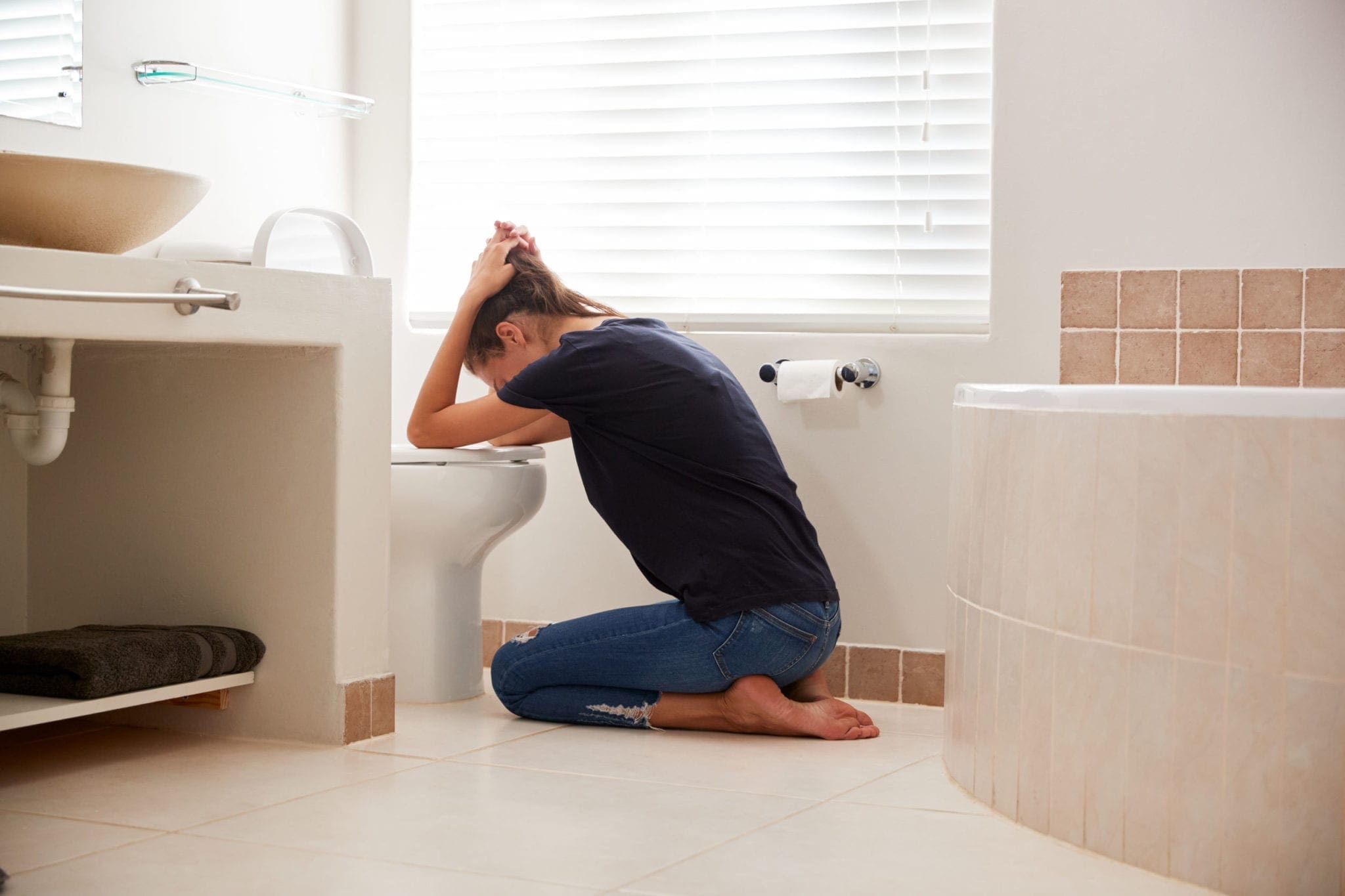
Vomiting & Diarrhea - What To Do If You Have Diarrhea | familydoctor.org
/postoperative-nausea-tips-3156893_V2-01-a563b0c0c4ac49e6ac18e18420b6c1e3.png)
Nausea and Vomiting After Surgery

Pregnancy and Pooping
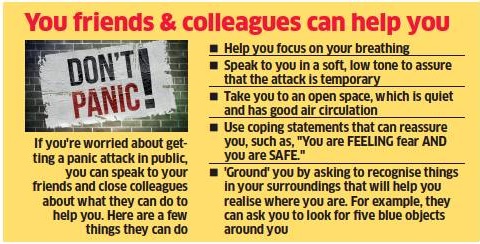
Do you feel nauseous or have an increased heart rate? You're having a panic attack and here's how to deal with it - The Economic Times
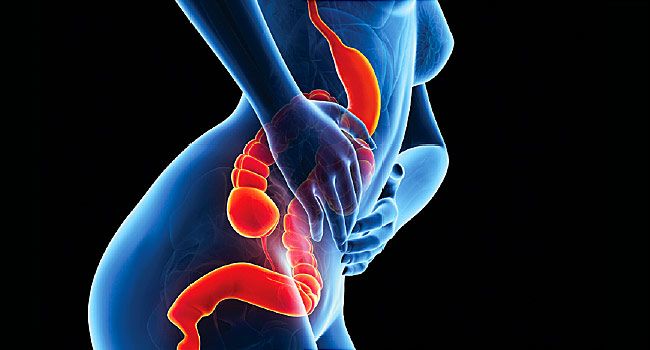
Stomach Flu: Signs, Symptoms, & Other Stomach Bug Facts
/watery-diarrhea-overview-4582424-bcd44fccb6e249909319b7e27c7d50af.png)
Watery Diarrhea: Symptoms, Causes, Diagnosis, Treatment

Is Nausea a Symptom of Irritable Bowel Syndrome?

Why is my dog pooping blood and vomiting?
Posting Komentar untuk "when i poop i feel like i have to vomit"